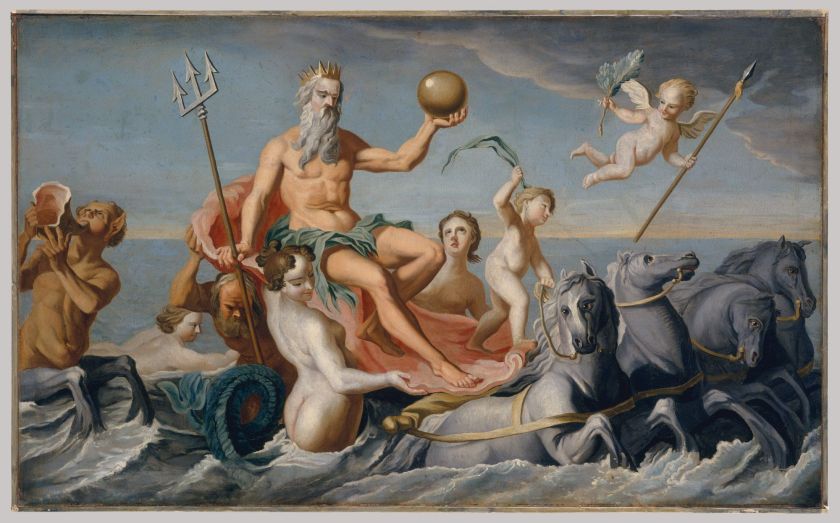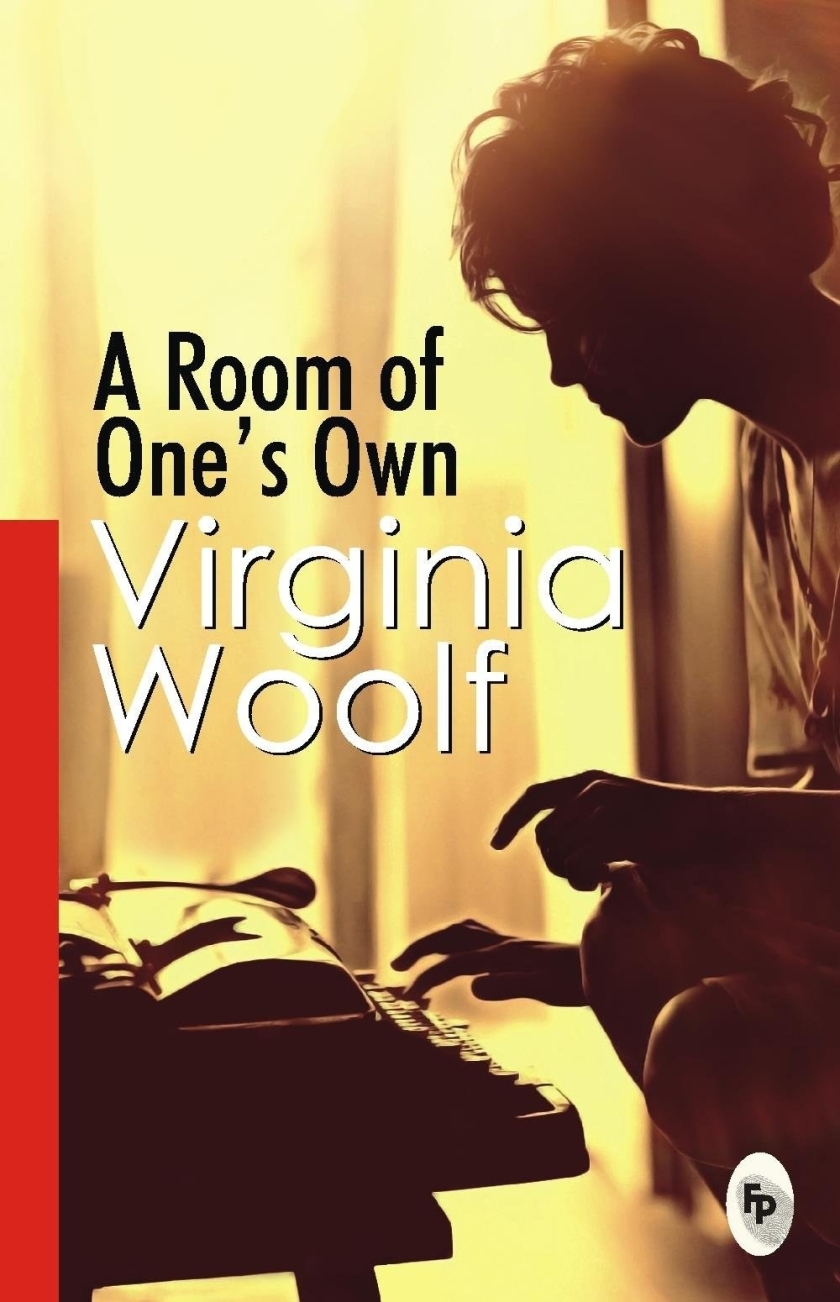❮ Poetry & Prose ❮ Books / People
“We are but dust and shadow.”
Horace (65–8 B.C.E.) lived and wrote under the Emperor Augustus. He was one of the greatest poets of his age and is one of the most quoted of any age. This is he: Carpe diem, nil desperandum, nunc est bibendum.




~
The life and work of Horace is discussed in this BBC Radio 4 podcast.
~
Horace was the son of a freedman from southern Italy and, thanks to his talent, achieved high status in Rome despite fighting on the losing side in the civil wars. His Odes are widely thought his most enduring works, yet he also wrote his scurrilous Epodes, some philosophical Epistles and broad Satires. He’s influenced poets ever since, including those such as Wilfred Owen who rejected his line: ‘dulce et decorum est pro patria mori.’
~
“Adversity reveals genius, prosperity conceals it.”
With regards to this poem:
Ode I, 5: To Pyrrha
❝
What slender youth, bedew’d with liquid odors,
Courts thee on roses in some pleasant cave,
Pyrrha? For whom bind’st thou
In wreaths thy golden hair,
Plain in thy neatness? O how oft shall he
Of faith and changed gods complain, and seas
Rough with black winds, and storms
Unwonted shall admire!
Who now enjoys thee credulous, all gold,
Who, always vacant, always amiable
Hopes thee; of flattering gales
Unmindful. Hapless they
To whom thou untried seem’st fair. Me, in my vow’d
Picture, the sacred wall declares t’have hung
My dank and dropping weeds
To the stern god of sea.
❞
— Translated by John Milton
Elizabeth McCauley (2008) argues that Pyrrha is represented not as a fully realised woman but through the eyes of her former lover as passion personified, a force of nature, the stereotypical deceptive seductress. It is unclear whether she received her name (a feminine derivative of the Greek word for fire) for the color of her hair or for her violent temperament (like Pyrrhus, son of Achilles, and the Greek king and general Pyrrhus who threatened Roman expansion in South Italy in 280 BCE). Her non-Roman name and her intimacies with men suggest that she was neither ingenua nor exactly libera, but rather some form of hetaira, an elegant meretrix who was free to choose where and on what basis to bestow her favours.
Pyrrha is the addressee of the poem, knowingly spoken to, while her current hopeful lover and his adulation is indulgently described. Unlike the typically jealous lover of elegiac love poetry, the poet seems to view his replacement in Pyrrha’s affections indulgently (puer), perhaps as a young and inexperienced version of himself in former times. This arrangement allows him to explore the duality of the male experience of the female:
Like the rose her beauty captivates while covering the thorns, like the sea she glistens while turbulence awaits below.
In the spirit of ironic playfulness for which the love poetry of Horace and Ovid are famous, the poet closes his poem with the humorous representation of himself as the sailor who has survived the “storm” of Pyrrha and joyfully dedicates his sodden clothes to the gods in thanksgiving. Horace employs a light meter for his subject, the 4th Asclepiadean: in each of the four four-line stanzas the first two lines are in 1st Asclepiadean meter, the third line is Pherecratean, the final line is Glyconic.
According to Micah Towery (2011) the most difficult and revealing line in the poem, is: “Cui flavam religas comam // simplex munditiis?” is not only a perfect expression of the whole poem’s art, but an emotional depth charge that reveals the feeling which animates the drama of the poem’s language. Despite the poem’s claim that Horace has “survived” the shipwreck of Pyrrha’s love, despite the staid language and reserved descriptions, the poet writhes underneath the poise of this poem. In Towery’s view, Pyrrha is the archetypal “fickle woman” who fills men with passion and lust as well as self-loathing at their inability to control themselves. As an image, the singular, simple description of Pyrrha’s hair creates an emotional history that founds the whole poem. It’s the perfect example of how the choice and rendering of even a single detail can realize a whole world.
Here’s a more contemporary and colloquial version of the poem:
Ode I, 5: To Pyrrha
❝
What simple boy, having doused himself in perfume,
hems you in on a bed of roses under cover of a pleasant
cave? For whom do you, Pyrrha, simple in your
elegance, arrange your golden locks?
Ah, how many times will that boy cry over fickle
faith and fickle fortunes and, in his insolence,
will stand aghast at the oceans made rough by
black storms;
That trusting boy, who now enjoys
you in all your magnificence and who always hopes you
are available and always hopes you are loveable,
is ignorant of your false charms.
Wretched are those to whom you appear glamorous
without knowing your true self. A sacred wall shows that
I have suspended my wet clothes there as a votive
prayer for the powerful god of the sea.
❞
— Translated by Melissa Beck (or her muse)
In the view of Melissa Beck (2018), a note of jealousy over a woman and a love that has eluded the poet can be clearly detected. Horace — or the narrator of the poem — has put aside his relationship with the woman who is now engaging in a tryst with a man referred to, rather condescendingly, as gracilis puer (simple boy.) The poem’s narrator then accuses Pyrrha of being vain and shallow and believes that only those who truly know her realise that her beauty is skin deep. However, and here is the killer point,:
If [the poet] does not care for [Pyrrha] anymore, if he’s so relieved to be free of her, then why protest so much? Why insult her so blisteringly?

ENGLISH LIT.
The English language
“Elizabethan era” / “Love letters”
French in English / Latin in English
Anthology / Chronology / Terminology
Phrases & idioms (with their etymologies)
Literary criticism: analysing poetry & prose
Glossary of works, writers and literary devices:
A B C D E F G H I J K L M N O P Q R S T U V W X Y Z
📙 Books 📕 Poets 📗 Thinkers 📘 Writers
READING LISTS ETC.
 The Prophet The Prophet“If you love somebody, let them go, if they don’t return, they were never yours.” |
 The Essential Rumi The Essential Rumi“Lovers do not finally meet somewhere. They are in each other all along.” |
 Ways of Escape: Ways of Escape:a journey of sorts A short excerpt from the book: “I was dead, deader than dead because, I was still alive.” |
 The Significance of The Significance ofLiterature A podcast series that chronologically charts the key works of poetry and prose. |







![The Trial, by Franz Kafka (1914 [1925]) -- A terrifying psychological trip into the life of one Joseph K., an ordinary man who wakes up one day to find himself accused of a crime he did not commit, a crime whose nature is never revealed to him. Once arrested, he is released, but must report to court on a regular basis--an event that proves maddening, as nothing is ever resolved. As he grows more uncertain of his fate, his personal life--including work at a bank and his relations with his landlady and a young woman who lives next door--becomes increasingly unpredictable. As K. tries to gain control, he succeeds only in accelerating his own excruciating downward spiral.](https://bidoonism.files.wordpress.com/2020/09/base-of-page-book___the-trial.jpg?w=840&h=1192)



